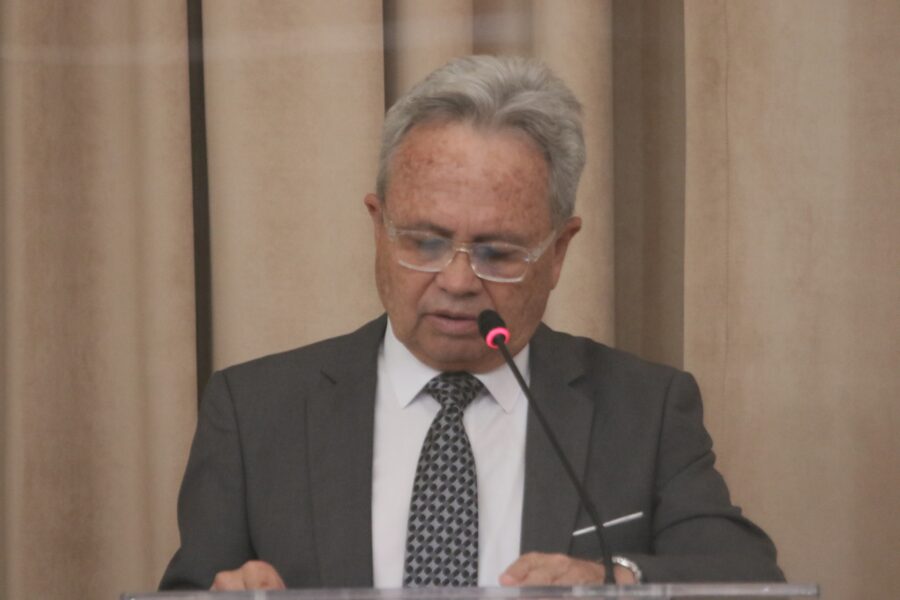By Prior Beharry
MINISTER of Finance Colm Imbert is calling for amendments to the procurement legislation after Government put in place an exemption order to procure goods and services for celebrations of the 50th anniversary of the Caribbean Community (CARICOM) held in Trinidad from July 3 to 5.
At a virtual media conference on Tuesday Imbert said, “This procurement legislation theoretically was a good thing but now that it is rolling out it is proving to be very, very difficult to get things going smoothly.”
He made the comment after United National Congress (UNC) MP Saddam Hosein said that the government had approved an order that under the Public Procurement and Disposal of Public Property (Amendment) Act needed to be approved by Parliament.
Imbert said it was done in the public interest to save Trinidad and Tobago from international embarrassment since some leaders indicated that they would attend the CARICOM meeting at the last minute due to a busy schedule and security reasons.
International dignitaries at the 45th Regular Meeting of the Heads of Government included United Nations Secretary-General Antonio Guterres, US Secretary of State Anthony Blinken and President of Rwanda Paul Kagame.
Imbert said, “The current procurement law requires that whether you are doing open competitive bidding or whether you are doing selective tendering you must allow a period of 20 working days for bidders to submit their bids. That is a month.”
Paid Polictical Ad
He added that after those 20 working days, the bid had to be evaluated by an evaluation committee before going before an advisory committee.
Imbert said, “You then have to allow something called a standstill period which is in law as well.”
He said, “So that with the best will in the world and the most efficient procurement system and the most qualified and competent and committed people within a ministry or a department or a statutory authority it is going to take you virtually two months to award a contract from the time you start. That’s the law, that’s the law as it stands.”
Therefore, he said there was not enough time to procure the goods and services under the law for the last-minute dignitaries and that was why Cabinet agreed to the exemption order. Parliament is currently on recess.
Imbert stressed that although he signed the order it was a decision of Cabinet and vetted and prepared by the Attorney General. He said he just signed the document as the Minister of Health did with the Public Health Regulations during the Covid-19 pandemic.
He said an exemption was recently granted to the Judiciary which wanted to provide meals and accommodation for a jury that was being sequestered.

Imbert said the amendment should include a threshold as was in place before the law was proclaimed to allow up to a certain amount the accounting officers in the ministries to procure goods and services such as toilet paper, bottle water, photocopying paper and repairs to essential computer equipment.
Imbert said, “The last thing we want was to abort a trial.”
Imbert said, “One does not rush to make amendments to something as controversial as this procurement legislation.
“One has to get proper advice on what the amendments should be because it would be a knee-jerk reaction to have an emergency session of Parliament to simply deal with procurement for a foreign affairs event.
“What is needed instead is a properly thought out, properly advised, well-drafted amendment that will allow the Government to take action to deal with unforeseen events that require immediate action and then come back to the Parliament for ratification.
“That is the advice I am getting, but that advice has to be properly fleshed out and then it has to be factored into draft legislation, the legislation has to be examined, reviewed and therefore it is the plan to come back in the second half of this year to make various amendments to the Act.”
![]()












